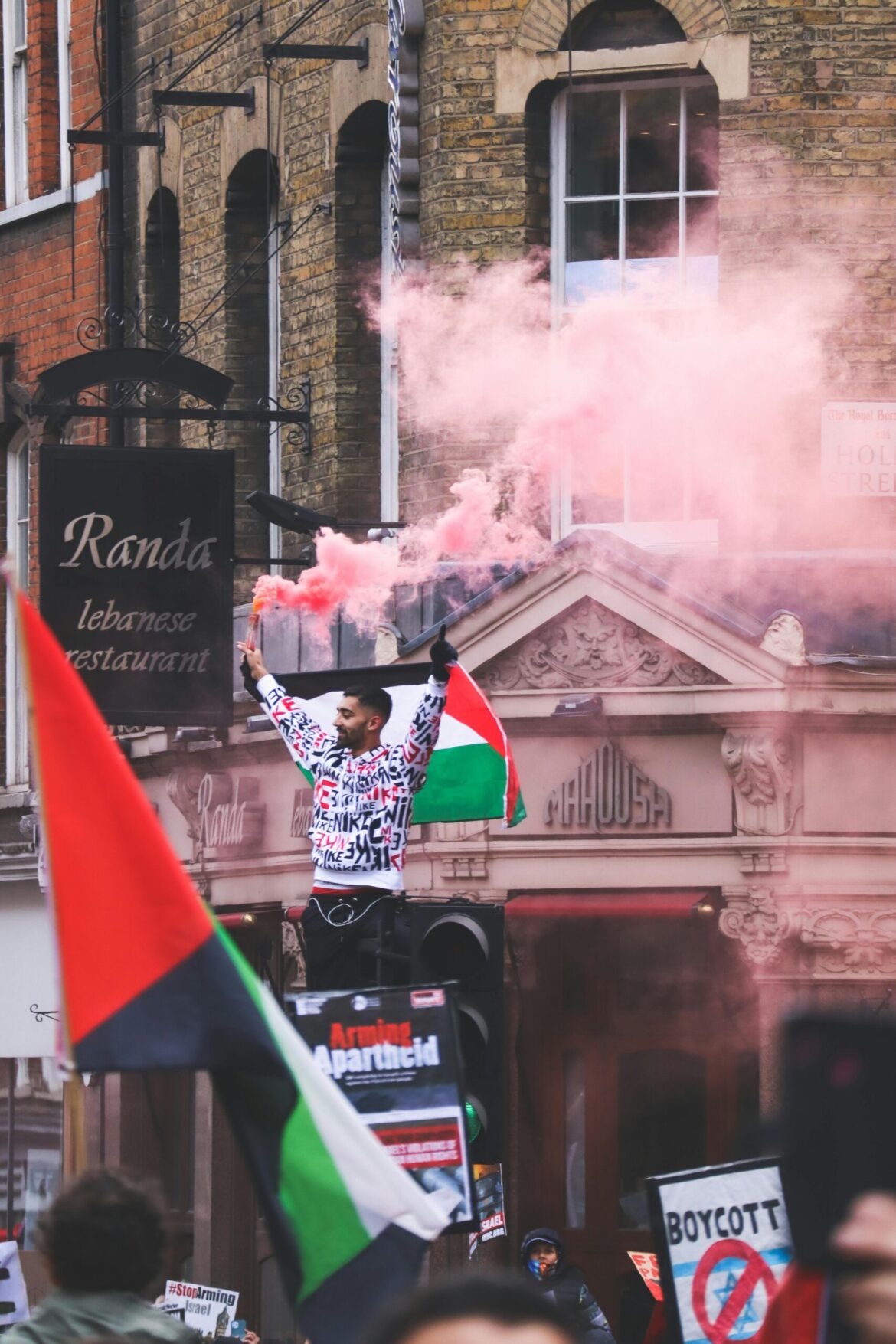Nevada’s Republican Presidential Primary: A Shift to Caucuses
On February 6, 2024, Nevada was set to host its Republican Party presidential primary. This electoral event typically plays an essential role in the nomination process, allowing party members to express their preferences for presidential candidates. However, in an unexpected turn of events, the Republican Party announced a boycott of the state-organized primary, revealing that no delegates would be awarded to the winner. Instead, the party has opted to conduct its presidential caucus on February 8, a decision that has stirred significant debate among political observers and party members alike.
Understanding the Boycott of the State-Run Primary
The choice to forgo the state-run primary comes amidst a broader reevaluation of how political parties manage their nomination processes. The Republican Party’s decision signals a preference for a controlled environment where party leadership can have greater influence over delegate selection. By prioritizing a caucus, the party aims to curate a more engaged and committed electorate, albeit at the cost of participation from the broader voting public. This shift raises questions about how such decisions might impact voter engagement and perceptions of inclusivity within the party.
The Debate over Caucuses Versus Primaries
Critics of the caucus system assert that it tends to lower voter turnout compared to primary elections. Primaries are generally more straightforward for voters, who can cast their ballots in a manner similar to a general election. In contrast, caucuses often require participants to attend meetings, engage in discussions, and sometimes even publicly declare their support for a candidate, which may deter many casual voters from participating. This disparity in participation raises concerns about the representativeness of caucus outcomes and whether they truly reflect the opinions of the broader Republican electorate in Nevada.
Advantages of a Caucus System
Conversely, supporters argue that caucuses offer unique advantages that align with party values. Advocates emphasize that caucuses foster deeper discussions among party members and allow for a more thorough assessment of candidate viability and commitment. By limiting the participant pool to active party members, caucuses may ensure that delegates are chosen by those with a serious commitment to the party’s platform, opinions, and goals, providing a sense of exclusivity and unity in candidate selection.
Strategic Goals and Political Trends
This decision in Nevada reflects a broader trend among political parties that are reassessing their nomination processes to align more closely with strategic goals. For many parties, controlling the delegate selection process is vital to maintaining unity and discipline, especially before a high-stakes election such as the 2024 presidential race. The outcome of the caucus on February 8 is likely to have significant ramifications for various candidates competing for the nomination, with potential implications for their momentum moving forward in the primary season.
The Impact of the Caucus on the 2024 Election
The anticipated results of Nevada’s caucus are poised to influence the trajectory of the Republican candidates as they navigate through the coming months. A strong performance in Nevada may bolster a candidate’s appeal, allowing them to capitalize on the momentum gained. Conversely, a weak showing could diminish their standing in the eyes of voters and party members alike. As such, the Nevada caucus serves as a critical litmus test for candidates seeking to establish themselves as viable contenders in the race for the Republican nomination.
Conclusion
Nevada’s decision to boycott the state-organized primary in favor of a party-run caucus highlights ongoing debates surrounding electoral processes within the Republican Party. As the party redirects its focus towards caucus-style delegate selection, discussions of transparency and inclusiveness become increasingly relevant. The outcomes of the upcoming caucus are set to significantly influence the path forward for candidates amid the 2024 presidential election landscape. How this shift will ultimately affect voter engagement and the broader political climate remains to be seen.
FAQs
Why did the Republican Party decide to boycott the state-organized primary in Nevada?
The party chose to boycott the primary to conduct its own caucus, which they believe offers more control over the delegate selection process and encourages engagement among committed party members.
What are the main differences between a caucus and a primary election?
A primary allows voters to cast private ballots to choose their preferred candidates, while a caucus requires participants to engage in discussions and potentially publicly declare their support, leading to more direct engagement.
What are the potential drawbacks of a caucus system?
Caucuses may result in lower voter turnout and can exclude casual voters who are unable or unwilling to attend lengthy meetings, potentially skewing the representation of the broader electorate’s preferences.
How might the results of the caucus impact the 2024 presidential race?
The outcomes of the Nevada caucus can significantly affect candidates’ momentum and public perception, either bolstering or undermining their campaigns as they move into subsequent primaries.
Are other states considering similar changes to their nomination processes?
Yes, especially in the lead-up to major elections, many states and parties are continuously evaluating their nomination processes and may consider adopting caucus-style systems or making other changes to enhance their organizational goals.

